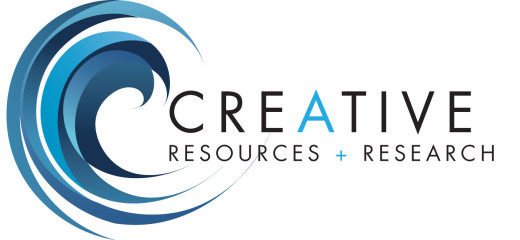Four Essential Steps to Prepare for the Upcoming Grant Season
The grant season is an exciting time for grant writers as it presents numerous opportunities to secure funding for important projects. However, to maximize your chances of success, it is crucial to be well-prepared.
Whoa! What a minute. There’s such a thing as the “grant season?” Indeed there is. The federal grant season covers January through mid-June. That doesn’t mean that grant opportunities aren’t released outside that window, but 90% of federal grant opportunities are offered then. Why? So funding decisions can be made before the start of the federal fiscal year (October 1).
The timeline for most government grant applications is very tight. Sometimes there are as few as four weeks from the release of the solicitation (RFP) to the deadline, so it is critical to be prepared and ready to hit the ground running. Here are some things you can do to get ready.
1. Research Funding Opportunities. The first step in preparing for the grant season is to conduct thorough research on available funding opportunities. Stay updated on grant announcements, funding cycles, and eligibility criteria. Explore government agencies, foundations, and private organizations that align with your project’s goals and objectives. Create a comprehensive list of potential funders and prioritize them based on their relevance and potential for success.
***Pro Tip*** Most federal departments provide a forecast of upcoming grant opportunities. It is usually released in December or January each year.
2. Review Successful Proposals from the Previous Year. In some cases, the funding source will release the narratives of the successful applicants. Even when they don’t, these are available through the Freedom of Information Act (FOIA). Read this post about making a FOIA request.
3. Gather information. If you haven’t already done so, gather current information about your organization and participants of clients. If you have an idea or several ideas that you are seeking funding for, sketch out key budget items with actual costs. Make sure that organizational documents are easily accessible. For a nonprofit organization, these may include the current and previous years’ budgets, the most recent audited financial statements, and your IRS eligibility letter, among others. For nonprofits and government agencies like school districts, these may include resumes, letters of support from key partners, and existing MOUS. A little preparation will save a significant amount of time later. Click here for an expanded list of some specific things you should be collecting now.
4. Build Collaborative Partnerships. Collaboration can significantly enhance your grant application’s strength and credibility. Identify potential partners, such as community organizations, academic institutions, or other nonprofits, that share similar goals and can contribute to the project’s success. Establish partnerships and secure letters of support from these organizations to demonstrate a collaborative approach (or prepare them for your request for letters). Building strong partnerships will both increase your chances of receiving funding and help you deliver better services to your participants.
Conclusion
Preparing for the upcoming grant season requires careful planning and attention to detail. By following these essential steps, grant writers can position themselves for success. Remember to stay organized, tailor your proposals to each funder, and continuously improve your grant writing skills. With dedication and perseverance, you can increase your chances of securing funding for your important projects. Good luck in the upcoming grant season!
Contact us for information on resources like this!


